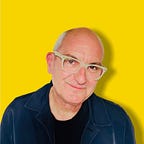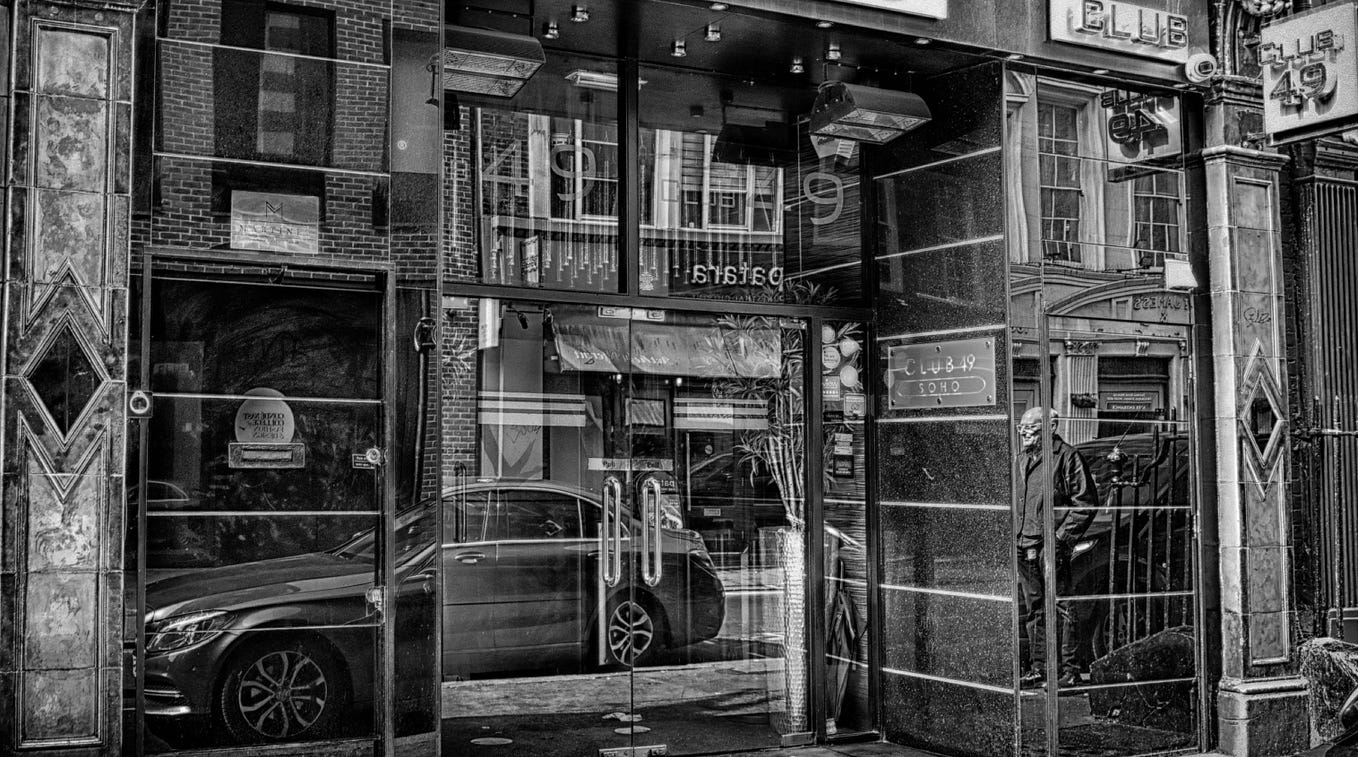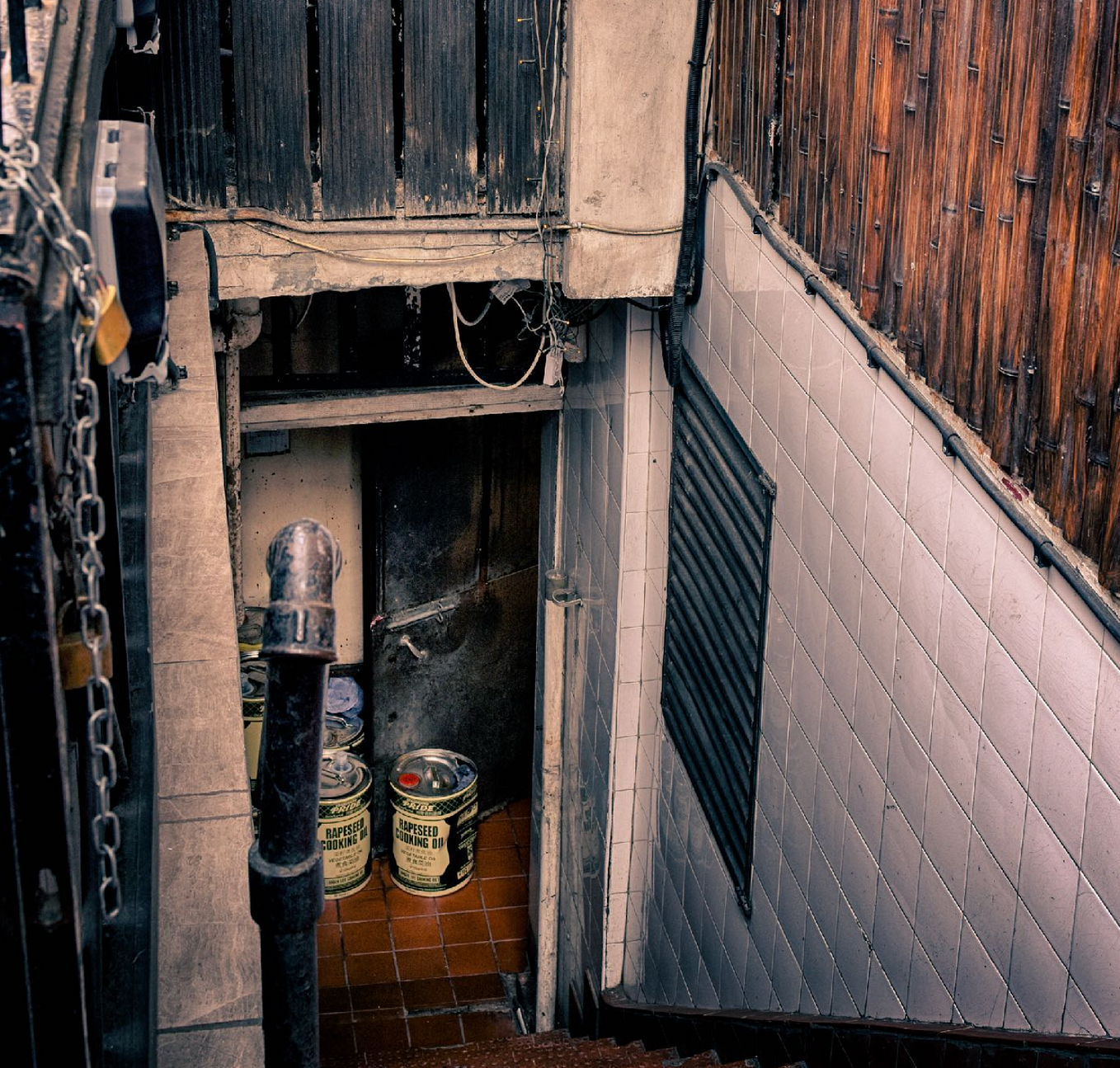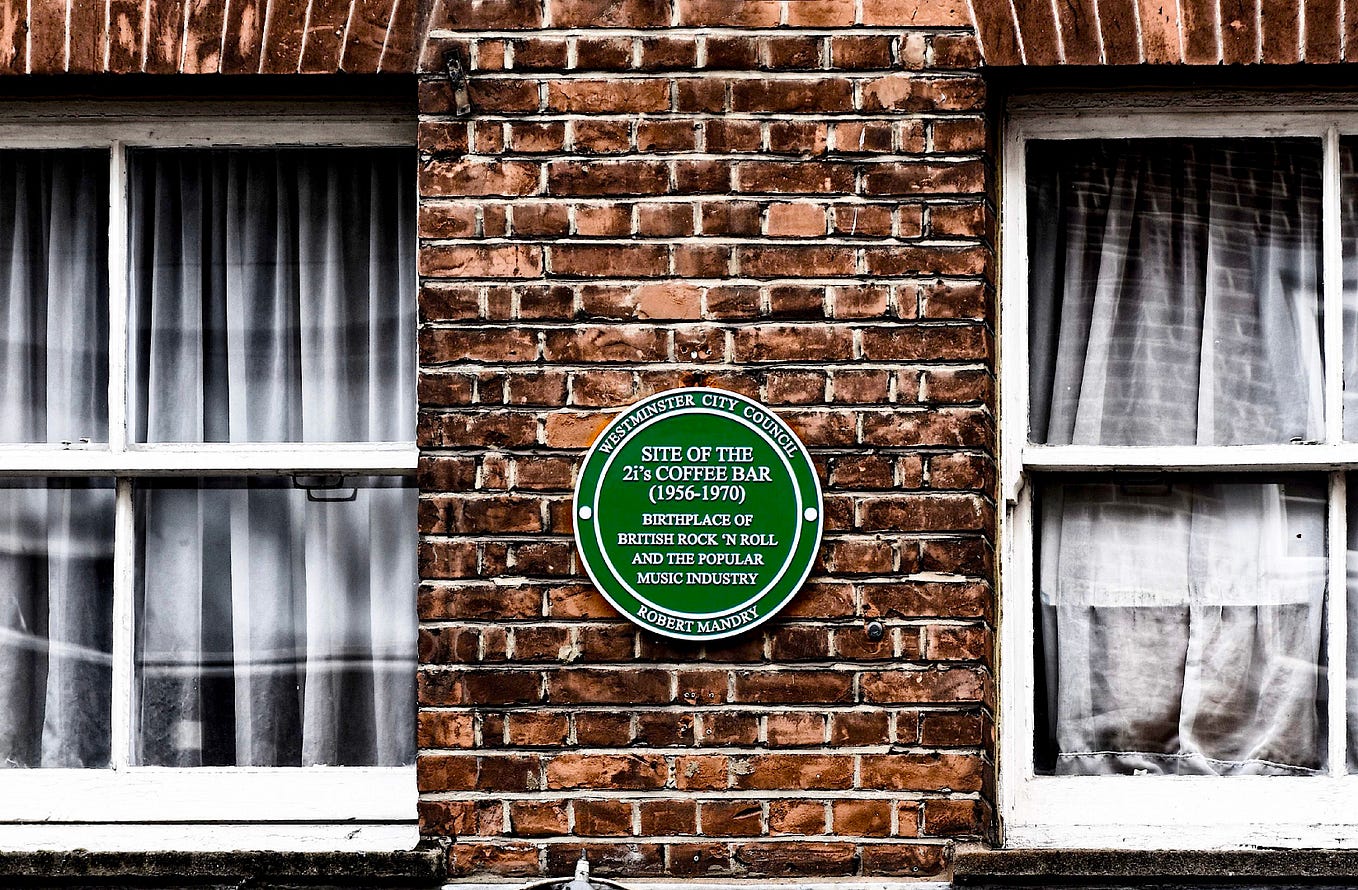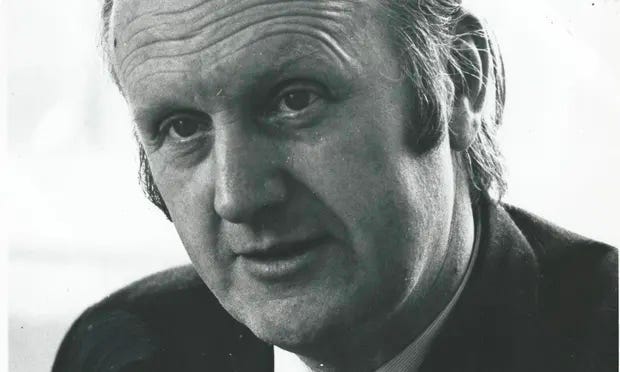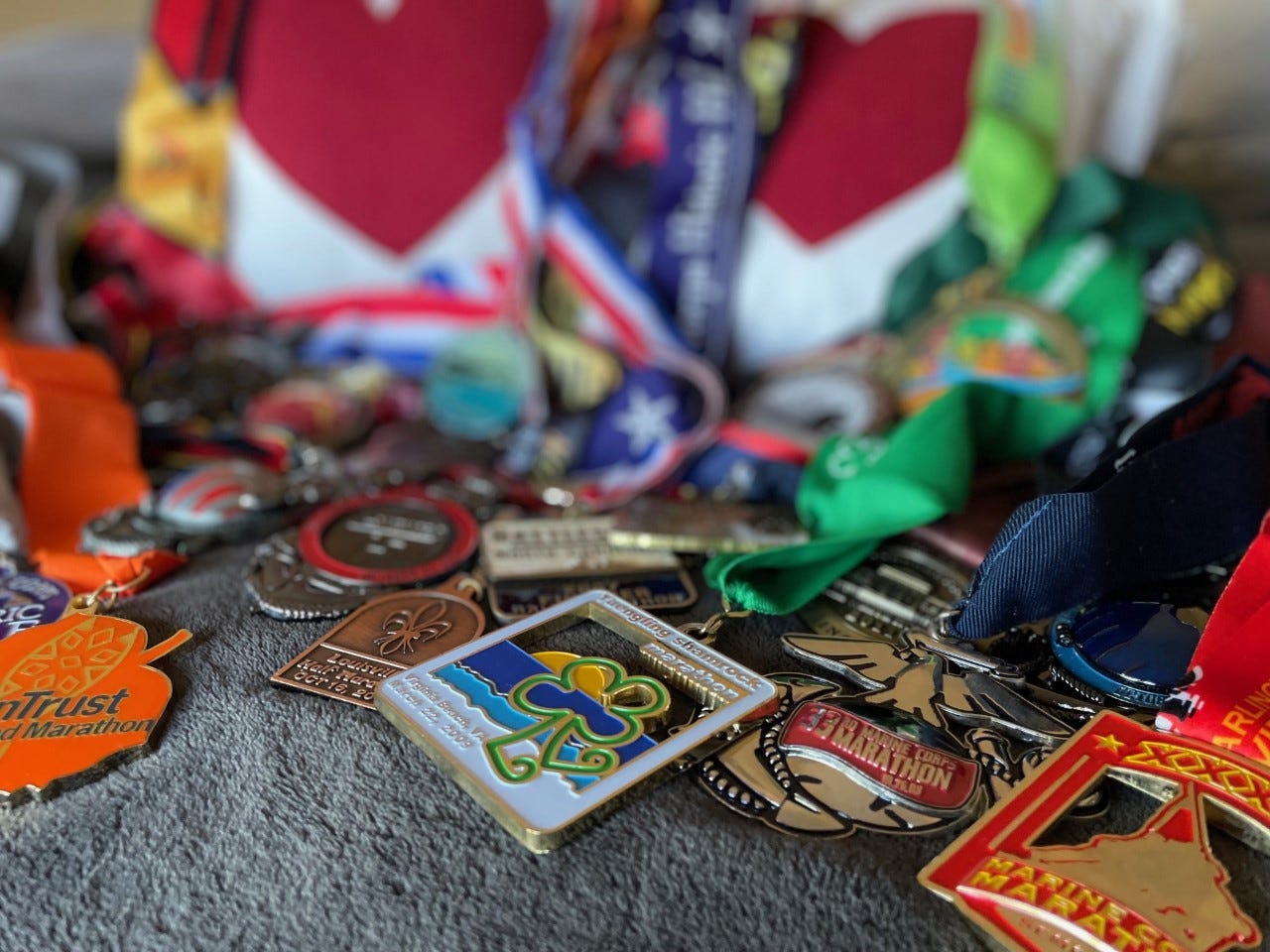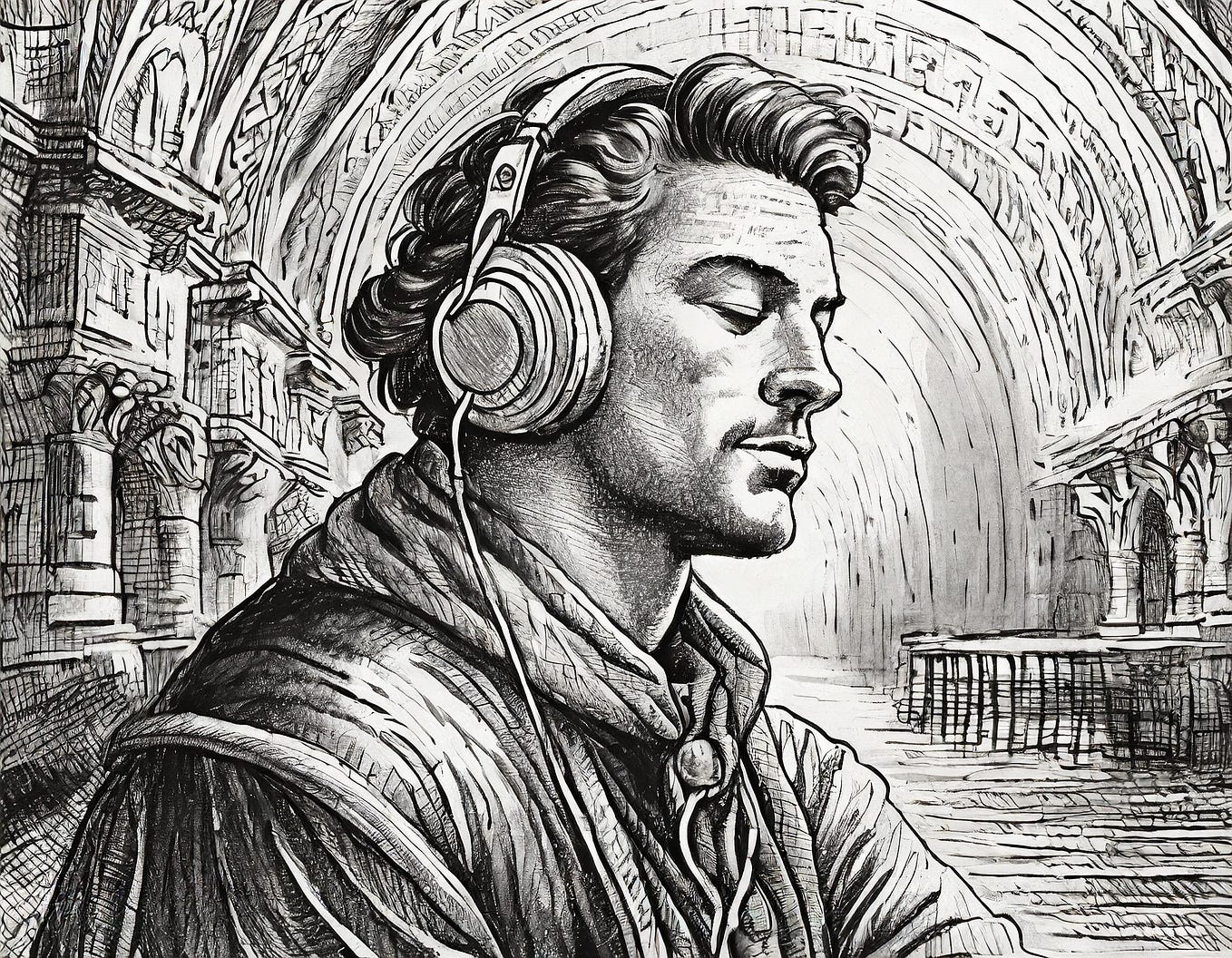17 St Anne’s Court — formerly Trident Studios
Herbie Flowers • Walk on the Wild Side — Lou Reed
This is part of the Walk on the Wild Side project by Jackie Hopfinger and Mike Press. Read more at the project publication page.
Herbie Flowers will have run along St Anne’s Court many times. “In the 1960s we session musicians were running round in circles, rushing to get from Olympic in Barnes to Wessex in East London, and the session in Barnes could have been for Bowie’s Diamond Dogs… and you were never late. I don’t know how we did it.”
This narrow alley running between Dean Street and Wardour Street dates from the seventeenth century with a pronounced kink midway, a legacy of field boundaries between the farm estates on which Soho was built. Writing in 1889, social reformer Charles Booth described St Anne’s Court as ‘rough’ with ‘the buildings holding many casuals’. Casual employment was very much a feature of the business that occupied number 17 between 1968 and 1981 — Trident Studios. Boasting eight track recording that even Abbey Road couldn’t offer at the time, Trident became home to The Beatles for a period shortly after it opened where they recorded Hey Jude and tracks for their White Album.
Herbie Flowers was among the last of Britain’s young men to be conscripted, signing up to the RAF in 1956 as an apprentice bandsman. “I snatched the chance to play tuba. Then to qualify as a corporal you had to have a second instrument and the natural double for a tuba player is the double bass”. After military service in the early 1960s he joined a succession of trad jazz bands. A job as bandsman on the Queen Elizabeth liner in 1965 took him to New York where, one evening in a nightclub, he discovered the electric bass. Returning to the UK with a newly acquired Lake Placid Blue 1960 Fender Jazz Bass, he began a career that led to him being one of the world’s most sought after session musicians.
The first time Herbie Flowers ran down St Anne’s Court was on 20th June 1969, hired for a session with producer Gus Dudgeon. The musicians who gathered in the studio that day were an interesting cross section of London’s session musician community. Along with Flowers, was Rick Wakeman who while only just out of the Royal College of Music already had the nickname One Take Wakeman for his efficiency on the recording scene. He also had the hard-won reputation for being able to keep a Mellotron in tune, which was why he was hired for this session. Self taught drummer Terry Cox was already a member of folk-rock band Pentangle, which had formed around evening sessions held at Les Cousins club over on Greek Street. Then there was the singer whose all attempts at securing a hit single to date had consistently failed. Was this the day that the former mod would finally strike it lucky with his song about Major Tom?
Most of Bowie’s ground breaking recordings that he made until he moved to the US in 1974 were made at Trident. And when he wasn’t working in the studio, Marc Bolan was. So alongside Hunky Dory, Ziggy Stardust and Aladdin Sane, T-Rex’s Electric Warrior and The Slider all came out of the studio. Trident was where Glam Rock was born, raised and finally left home.
In 1972, with his star now very much in the ascendancy, Bowie turned his attention to resurrecting the careers of musicians whose careers had, for a variety of reasons, stalled short of any commercial breakthrough. These included Mott the Hoople and Iggy Pop, but most successful of these Lazarus operations was Lou Reed. The album Transformer was recorded at Trident over the summer of 1972 and in November the double A-side single Walk on the Wild Side / Perfect Day was released. Seven inch vinyl doesn’t really get any more perfect than this.
Reed described Walk on the Wild Side as “an outright gay song” that successfully slipped past BBC censors overt references to drugs, male prostitution, oral sex and transgender identity. It mentions the trans actors and drug dealers who he knew and worked with at Andy Warhol’s Factory.
Glam Rock had given the post-hippie generation an excuse to cross-dress, wear make-up and be more open and exploratory about their sexuality. As someone who had been subjected to electroshock therapy as a teenager to ‘cure’ his bisexuality, Lou Reed was well placed to create Glam’s anthem to celebrate transgenderism. And it is an anthem that has endured.
Speaking after Reed’s death in 2013, transgender musician Laura Jane Grace of Against Me! said: “His song about Candy Darling was one of the first times I’d heard someone sing about a trans person, and romanticize it too. Any time a trans person is mentioned culturally, and isn’t the butt of a joke, it’s a good thing. Just having it there in the public consciousness is a good thing.”
Like Soho itself, at its very best pop music provides islands of liberty and liberation — and Walk on the Wild Side is one of the finest examples of this.
Back in August 1972 Herbie Flowers hurried down St Anne’s Court for a session with David Bowie producing: “I was booked to be at Trident studios at 10 o’clock that Monday morning and there was Lou in the control box and I’d taken my double bass because I’m an old double bass player and I would always take that because I prefer playing it to the electric thing. I thought can I do it on this because the song itself is dark and it seemed to work. And being an old jazzer I thought ‘can I try something’ and I overdubbed the bass guitar a tenth that’s ten notes above what the double bass was doing and it’s quite a distinctive sound”.
A radical, timely and liberating lyric, a pared back arrangement, lugubrious vocal from Reed and two outstanding instrumental contributions from Flowers on bass and Ronnie Ross on baritone sax make this a remarkable and timeless recording. The slinky bass line has gone on to be sampled by others — most notably A Tribe Called Quest on Can I Kick It. And for this Flowers received a £34 fee. Normally, it would have been £17 but he played two instruments, which doubled the money: “People ask if I feel bitter about only getting a session fee for playing the bass on Reed’s Take a Walk on the Wild Side’. Nope. A bar of C and a bar of F for four minutes. Not my song. My job.”
This former RAF bandsman wrote the number one hit Grandad, founded the group Blue Mink, briefly joined T-Rex and continued session work for some of the world’s leading artists. But from the 1990s focused on playing his passion — jazz. Today he helps to run a community choir in Sussex. But like everyone else in music, his success demanded the right name.
“Is Herbie Flowers your real name? No, it’s Brian. A Brian Flowers wouldn’t have ever made it in the music business.”
